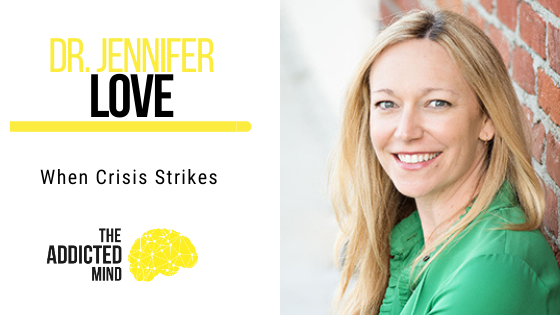You could be suffering from chronic stress without knowing it. Alternatively, you might know it but are just so used to it that you think it’s normal. Well, it’s not normal. You have to act on it before it takes a toll on your health and happiness.
We have many different stressors in life. The human alarm is in the brain but we are wired to ignore it because we’re wired for fight or flight. Humans evolved but, like other creatures, we used to live in caves or under trees. We had to know where the bears and wolves were. We had to be on guard against predators. As humans moved into cities and suburbs, most of us didn’t have those worries but our brains haven’t caught up. The alarm system hasn’t evolved. It still sends chemicals throughout the body that lead to chronic stress.
Chronic stress has various symptoms, including weight loss, weight gain, sugar cravings, salt cravings, disrupted sleep, fatigue, and muscle tension. Some people escape into alcohol, drugs, pornography, video games, work, or just about anything else to distract their brains from stress and pretend it isn’t happening. We just can’t tolerate it.
On today’s episode, Duane speaks with Jennifer Love, the co-author of When Crisis Strikes: Five Steps to Heal Your Brain, Body, and Life From Chronic Stress. The book has outlined five steps to help people heal from life’s chronic stressors. If you have a crisis that comes up, you can walk through these steps. The more you do so, the better you’re going to get at it and the more resilient you’re going to become. Over time, you will have less stress.
Jennifer is a board-certified psychiatrist in Addiction Psychiatry and Addiction Medicine and is a diplomat of the American Board of Psychiatry and Neurology and the American Board of Addiction Medicine. She is an award-winning researcher and international speaker who focuses on stress and the brain.
In this episode, you will hear:
- Writing the book, When Crisis Strikes and why Jennifer wrote a book about chronic stress
- What chronic stress is
- The Crisis Response System: what’s going on in the body when we’re under unconscious stress
- 5 steps to get you through chronic stress and become a better version of yourself
- How COVID has impacted chronic stress
Key Quotes:
[04:43] – “‘Your health doesn’t freeze. Your dad’s health doesn’t freeze. Your divorce process or your unhappy marriage doesn’t freeze. Nothing freezes in COVID except the economy.”
[15:16] – “We gain weight. We have disrupted sleep, or sugar cravings, salt cravings, fatigue, and muscle tension. It all comes out physically because our brains are now in survival mode.”
[17:26] – “The fuel in life is stress.”
[22:43] – “You can’t really treat that stress when you’re in the middle of it.”
[27:23] – “We have to get the brain away from the alarm enough that we can focus on the things that will actually get us through the crisis until that alarm turns off.”
[28:59] – “Some people escape into alcohol, drugs, pornography, video games, work. It’s just anything to distract my brain from this. I need to pretend this isn’t happening. I can’t tolerate it.”
[42:30] – “Our beliefs are firmly rooted in who we are.”
[48:53] – “We still have the ability to rise. We have that within us and crisis makes us feel we do not. And hope is what teaches us that we do.”
Subscribe and Review
Have you subscribed to our podcast? We’d love for you to subscribe if you haven’t yet.
We’d love it even more if you could drop a review or 5-star rating over on Apple Podcasts. Simply select “Ratings and Reviews” and “Write a Review” then a quick line with your favorite part of the episode. It only takes a second and it helps spread the word about the podcast.
If you really enjoyed this episode, we’ve created a PDF that has all of the key information for you from the episode. Just fill in your information below to download it.
Supporting Resources:
Book: https://www.amazon.com/When-Crisis-Strikes-Chronic-Stress/dp/0806540818

